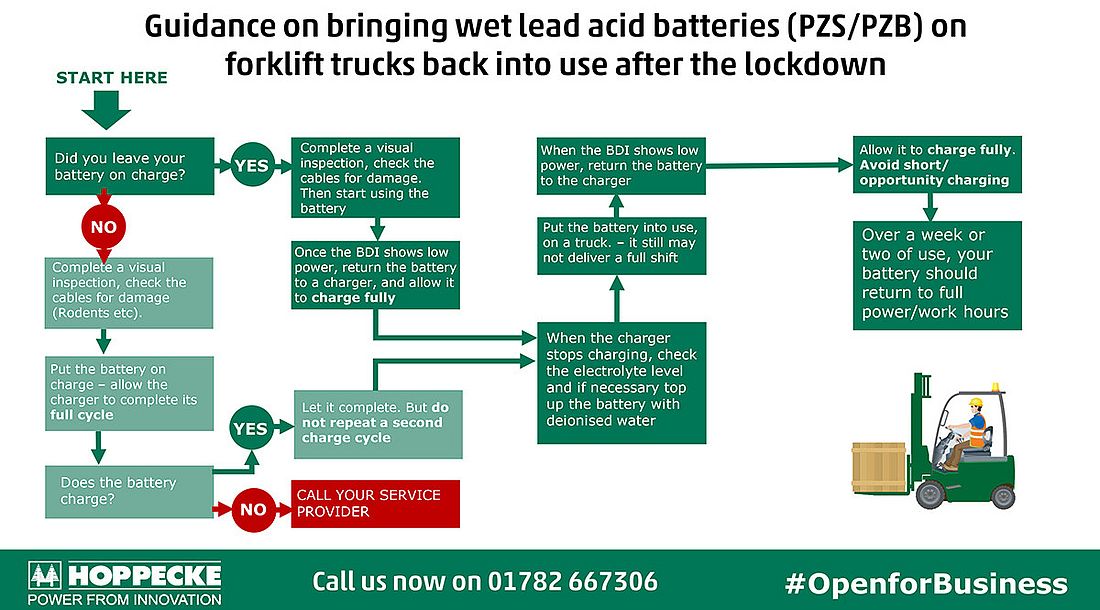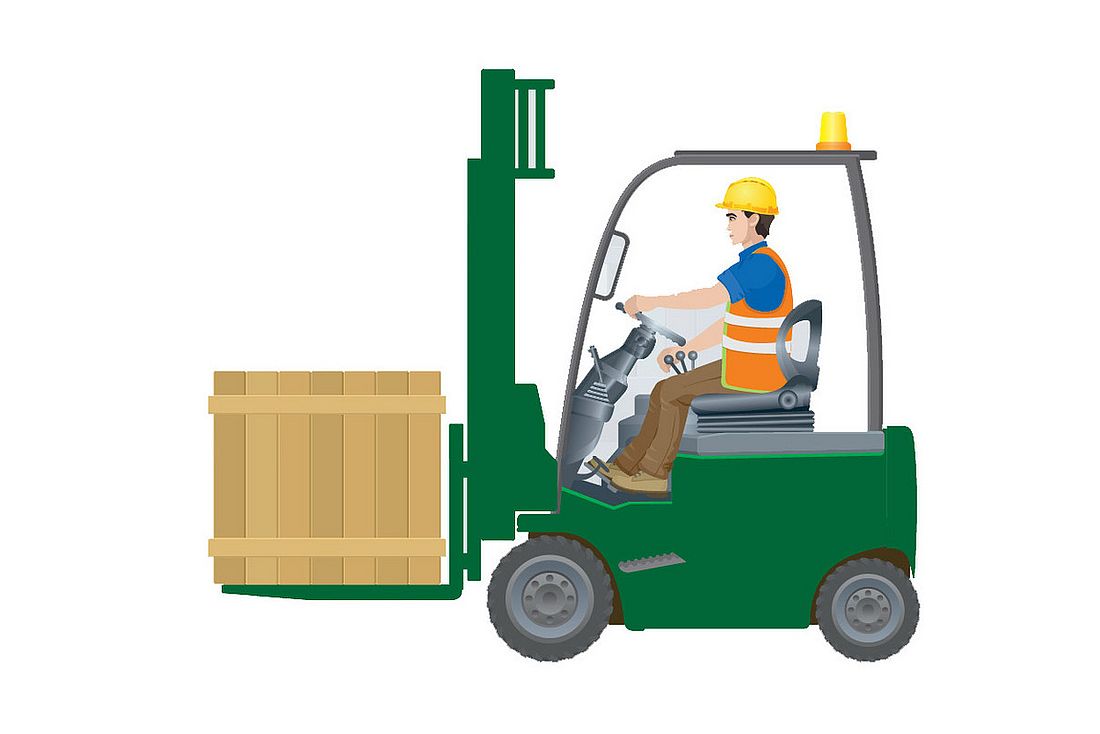We are now entering the ninth week of lockdown. With seven out of 10 UK firms furloughing staff, many thousands of forklift fleets and their batteries have been on stand-down. As we slowly start to return to work, we need to be kind to ourselves and our batteries as we find a new level of normal.
A little kindness goes a long way
Did you know it is Mental Health Awareness week? And that the theme is kindness? Kindness has a protective quality and, as we start ramping up activity, we need to ensure that we protect ourselves and the people and things we rely on.
In the post-Covid logistics world, there is nothing more important than our batteries. With over 98% of warehouse fleets being electric, we rely on batteries to keep supply chains moving. Yet if we are not kind to these pieces of live wet chemistry, when we bring them back into use we could seriously reduce their capacity. Or even damage them irreparably, just when we need them.
Recovery time
Think of it like this, just like human beings, batteries need to recover after trauma. After nine weeks of isolation, an active system like a battery will undergo changes that affect its performance. For example the sulphuric acid used in lead-acid batteries will be more prone to oxidising when static, and this means that sulphate deposits will collect on the plates, thereby reducing capacity. In addition, without use or circulation stratification will occur as the acid and water separate and settle at different levels. Essentially the effective use of the battery shrinks.
In addition, if the batteries have not been cared for properly when standing down, it could result in more serious problems.
Bringing batteries back into use
There are two considerations when you bring your lead-acid batteries back into use after the lockdown. And the advice will differ depending on whether you left your batteries on charge or not during that time. By following this advice you will be more likely to see your batteries return to their full capacity quickly and give you the best efficiency for your operations.
Above is a useful infographic which will help you make the right choices in applying kindness to your batteries when you return.
Avoid opportunity charging
If you follow the steps in this flow chart, and allow your batteries to charge fully, over a week or two of use, your battery should return to full power/work hours. However, during this period you must avoid short or opportunity charging as this will be too taxing for the wet chemistry until it has time to fully settle and recover.
If in doubt contact the experts
Always remember that for specific advice please contact your battery manufacturer or service provider, especially if you see any error messages, red lights, or your batteries are not recovering.
Hoppecke has engineer coverage for all of the UK. If in doubt, contact us now on 01782 667306 for further information or advice on battery care.

